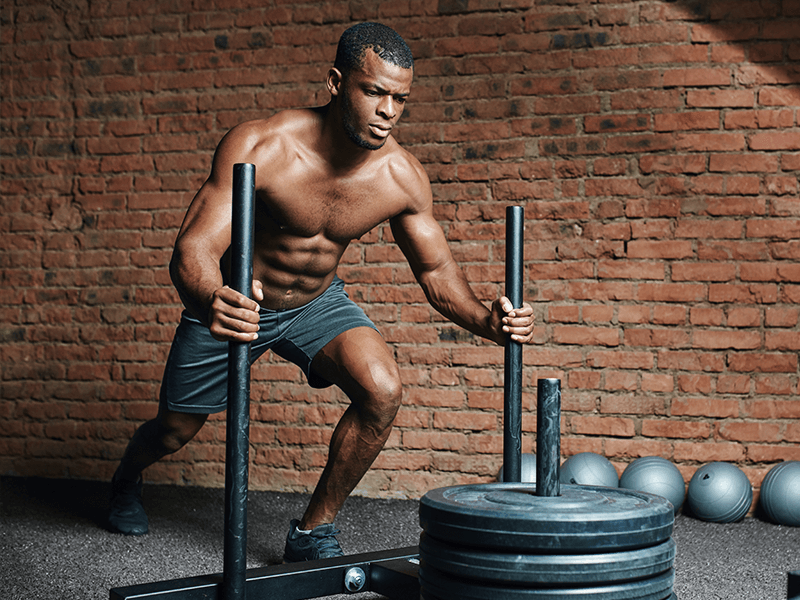Search
Find a Physician
Podcasts
Jun 21, 2022
Sustaining an orthopedic injury is something that can terrify even the most seasoned sports competitor. While athletes may willingly put their bodies on the line each time they participate in a game or practice, the implications of being unable to train and perform for a period of time as they recover from an injury is somehow even more daunting. While contact sports may have the greatest risk of sustaining an injury, the risk is present in every sport out there.
To explain just how massive of a problem this is, almost 1,500 athletes are injured per 10,000 FTE (full-time equivalent) at every single moment. It would be difficult to find a lifelong athlete without a couple of serious injuries, and possibly even surgeries, under their belt.
While recovery tends to focus on the physical side of injury, the psychological harm of an injury may be even worse. For an athlete who has dedicated their entire life to participating in sports, the idea of being sedentary and unable to contribute to their team for a lengthy period of time can be mentally devastating. This negative psychology can affect an athlete’s ability to recover fully and hinder their ability to return to sports.
Let’s see what Dr. Ashley Bassett, Dr. Catherine Logan, and Dr. Melissa Christino have to say about the mental side of an injured athlete – how to identify athletes that may be struggling and methods to facilitate a healthy psychological recovery after orthopedic injury and surgery.
This article was reviewed and approved by an orthopedic surgeon as we place a high premium on accuracy for our patients and potential patients.